Gay Life in Small Towns: Between Visibility and Isolation
Living as a gay person in a big city often means access to community, anonymity, and support. But what is life really like for LGBTQIA+ individuals in small towns or rural areas? Challenges such as low visibility, social isolation, and persistent societal judgments shape a very different reality. This article examines the unique experiences of LGBTQIA+ people living in small towns across France and beyond, offering insights and potential paths toward greater support and inclusion.
Visibility: A Constant Challenge
Coming Out When Everyone’s Watching
In a small-town setting, anonymity is practically nonexistent. Coming out can quickly escalate into a public affair, carrying real social risks. The watchful eyes of neighbors, community gossip, and a lack of privacy can all discourage individuals from expressing their true selves.
In these environments, many people choose to remain discreet—or even invisible—to maintain harmony within their families or communities.
Few Local Role Models or Safe Spaces
Unlike big cities, small towns often lack LGBTQIA+ spaces, inclusive venues, or LGBTQ+ events. This absence reinforces a sense of being “different” or completely alone, which can weigh heavily on mental and emotional wellbeing.
Loneliness: The Silent Struggle
Emotional and Social Isolation
In the absence of LGBTQIA+-friendly gathering places or visible peers, forming friendships or romantic connections becomes extremely difficult. This often leads individuals to either move to larger cities, rely heavily on dating apps, or retreat into solitude.
Youth Searching for Guidance
Young LGBTQ+ individuals in rural zones frequently struggle to find positive role models or trustworthy people to talk to. This lack of support can contribute to emotional distress, depression, and even school dropout.
Studies show that LGBTQ+ youth in rural areas are at a higher risk of psychological distress, fueled by homophobia and social isolation.
Pervasive and Subtle Forms of Discrimination
Although attitudes are slowly changing, casual homophobia remains an everyday reality in many rural communities. This discrimination often shows up in subtle but damaging ways:
- Inappropriate jokes or comments at work
- Judgmental stares in public
- Family gossip and neighborhood rumors
- Exclusion from religious or social groups
Resisting, Connecting, and Thriving
The Power of Online Communities
For many, the internet becomes a lifeline. Through Facebook groups, LGBTQIA+ forums, or servers on platforms like Discord, individuals can break the cycle of isolation and create meaningful connections beyond geography.
Making Local Visibility Count
Some brave individuals choose to live openly in their hometowns, start local associations, launch events, or simply be visibly themselves. Their presence helps shift perceptions and offers hope to others navigating similar struggles.
Personal Story: “Staying Here Is a Political Act”
Julien, 32, lives in a village of 1,200 residents in Normandy:
“I considered moving to Paris for years. But I ultimately chose to stay. I opened a small shop in town and live openly as a gay man. It’s not always easy, but I know my visibility is changing things—especially for the younger generation.”
Solutions That Need Strengthening
- Invest in local LGBTQIA+ organizations with public funding.
- Train educators and healthcare professionals to provide inclusive, affirming support.
- Create LGBTQ-friendly spaces or events, even on a small scale.
- Foster connections with larger cities to build stronger, more interconnected support networks.
Conclusión
Being gay in a small town often involves walking the line between strength and invisibility, loneliness and resilience. But with societal effort and support, it’s possible to be happy, visible, and respected—not just in major cities, but in every corner of the country. Full inclusion of LGBTQIA+ identities across all regions is not just desirable; it’s essential.


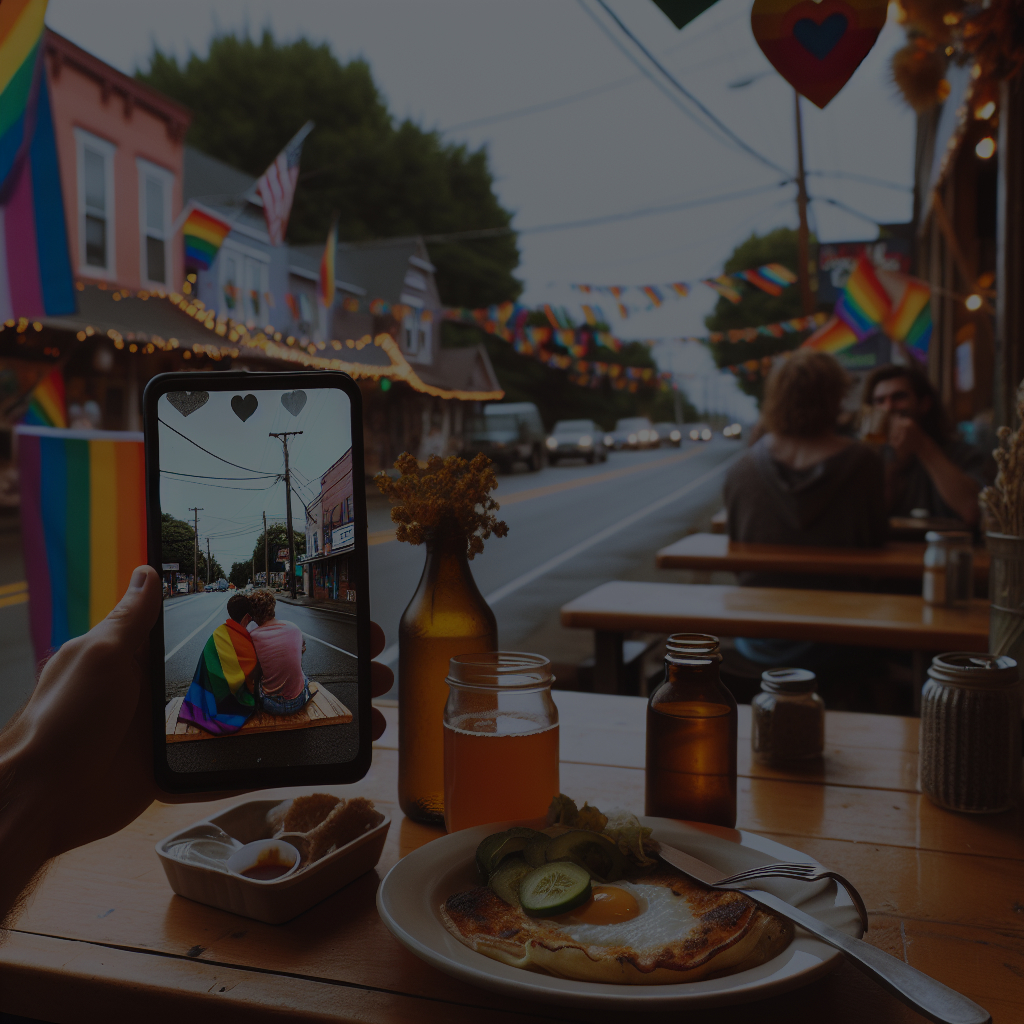
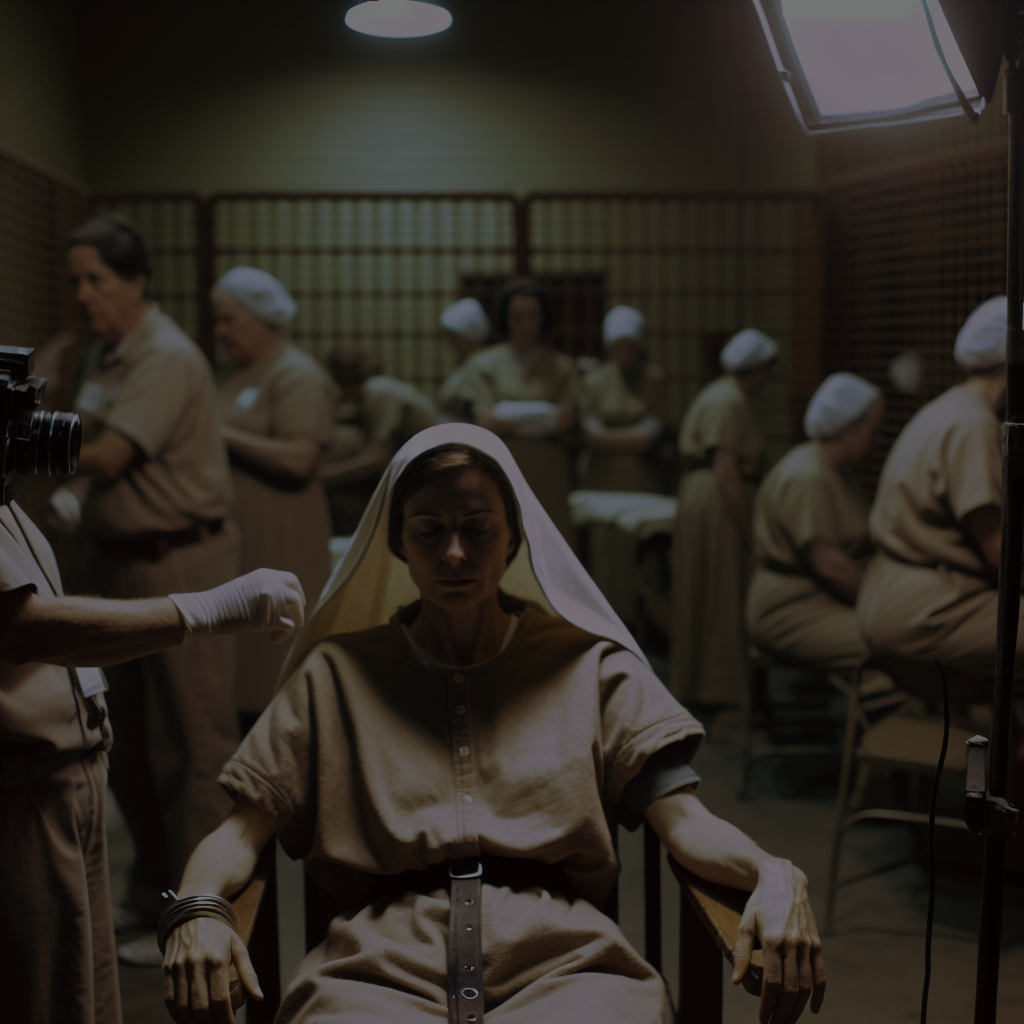
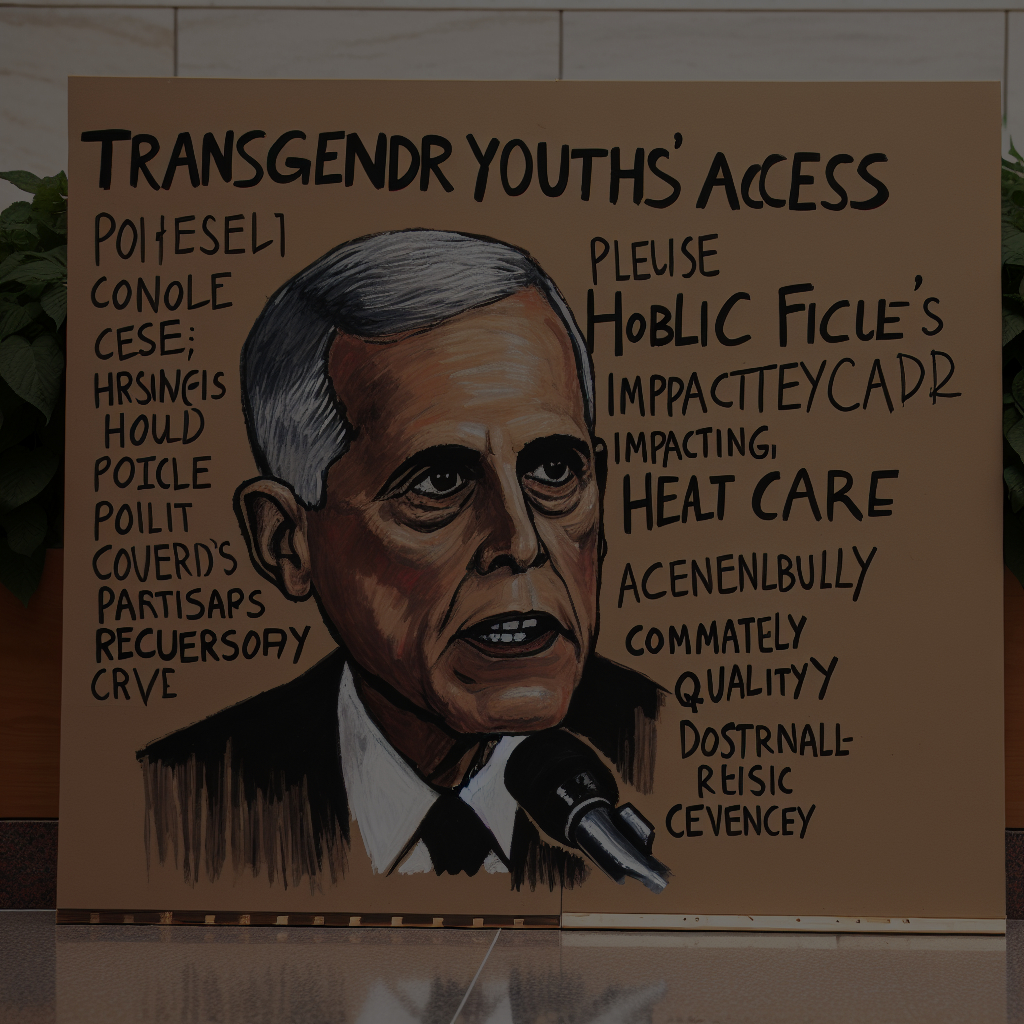
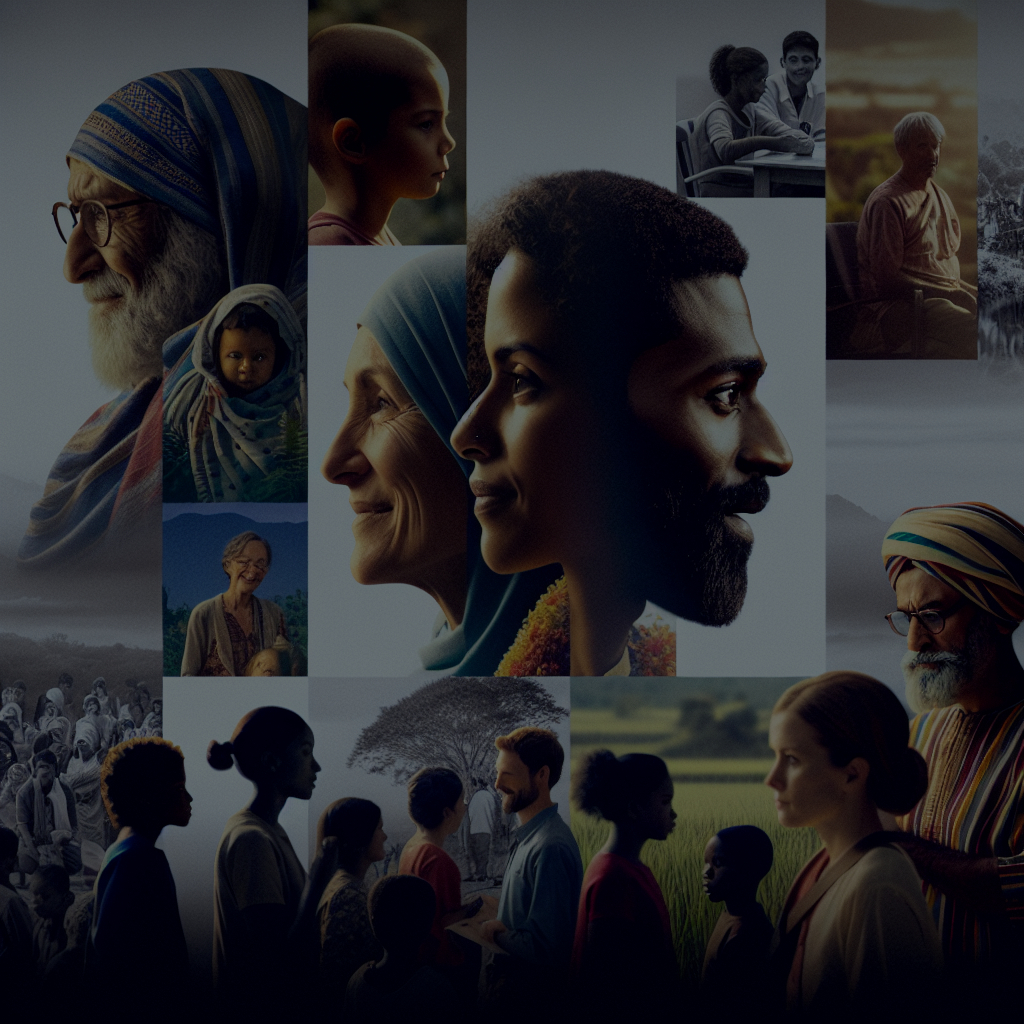
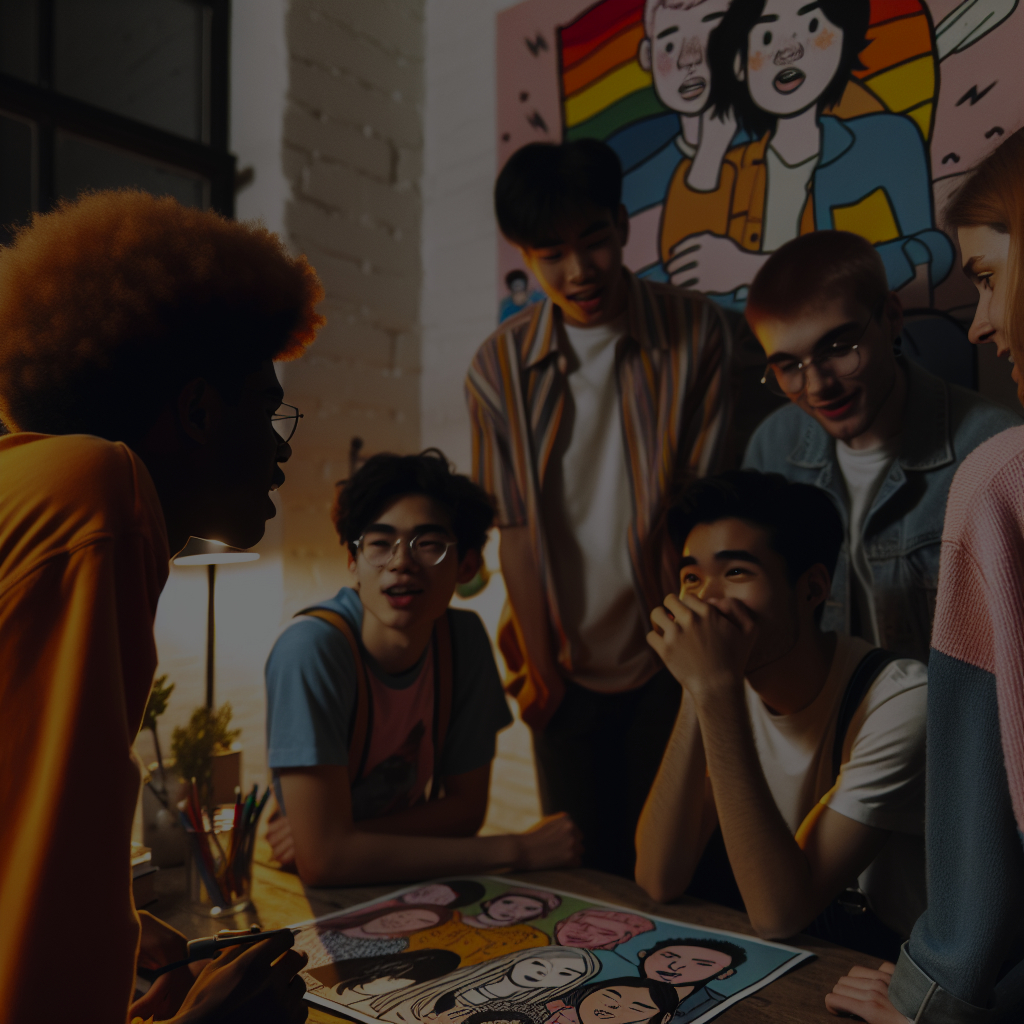

Deja una respuesta